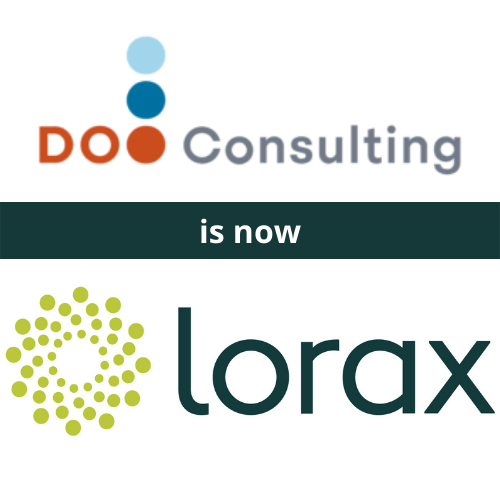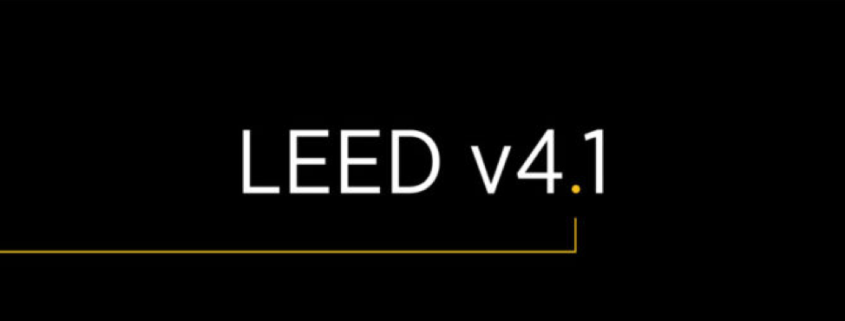The State of LEED: Epilogue-LEED v4 and v4.1
On January 22, 2019, LEED published the update to LEED version4. Along with other clarifications and changes, LEED version 4.1 updates the referenced energy standard that we discussed in our “State of LEED – LEED, IgCC and the IECC”. LEED v4.1 is a significant improvement over LEED v4 and I thought a brief epilogue was justified.
In our recent State of LEED series, I tried to stay focused on the value of LEED and to address some of the misconceptions and criticisms about the rating system. One of the criticisms of LEED has been its energy standard which has lagged behind many building and energy codes. LEED v4.1 updates the referenced energy code to ASHRAE 90.1, 2016. This is the latest energy standard and means that LEED is now up to date and aheadof many locally adopted energy codes around the country. In addition to updated energy performance requirements, LEED v4.1 provides many overdue updates and clarifications to v4 credits including renewable energy, rainwater management and much more.
For now, USGBC is allowing project teams to cherry-pick LEED v4.1 credits that are advantageous to their project. If your project is registered under LEED v4, you do not have to upgrade the entire rating to LEED v4.1. If the LEED v4.1 transit credit allows your project to earn a point where LEED v4 would not (The number of trips has been revised.), you may use the LEED v4.1 criteria for that credit without changing other LEED v4 credit documentation which you may have completed.
There is much excitement in the green building community around the updates embodied in LEED v4.1. A more detailed review of those changes are presented in a LEED v4.1 blog by Josh Radoff of WSP so I will not repeat that assessment. One hopes that building owners will be as excited about these updates and the increased clarity and relevance of LEED v4.1 as we are.
Additionally, USGBC has now created LEED Zero that verifies the achievement of net zero goals including energy, water, waste and carbon.
We think that LEED v4.1 is more straight forward and, along with LEED Zero, brings the rating system up to date with green building practices and expectations within the industry. Should you have any questions about updating your project or pursuing a LEED certification under the new LEED version 4.1 protocol, contact us here.

